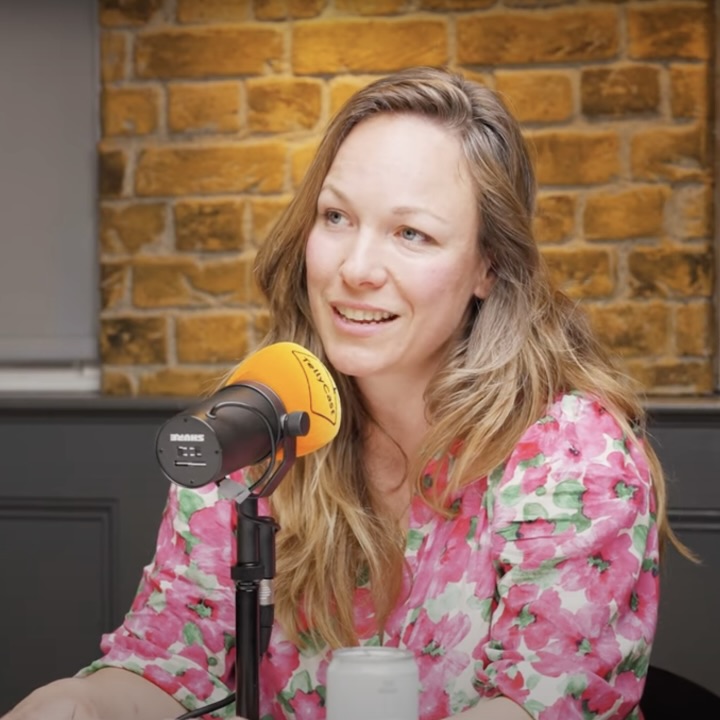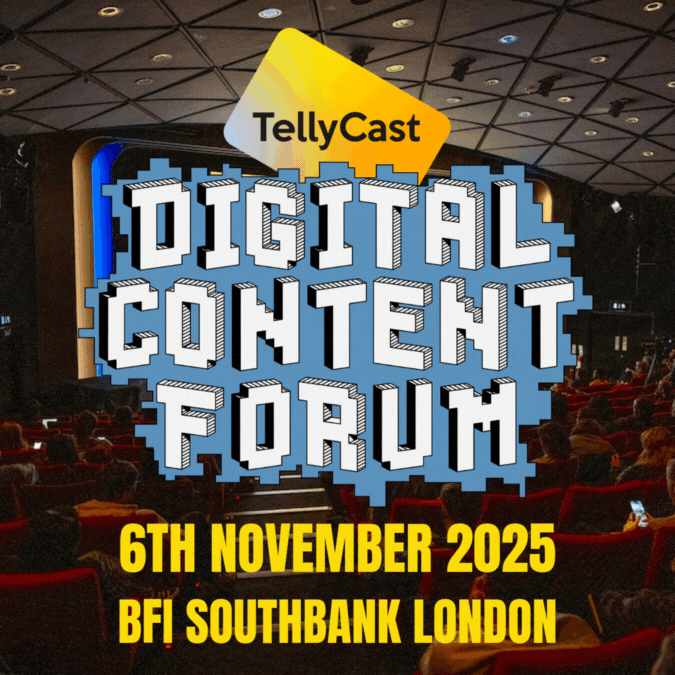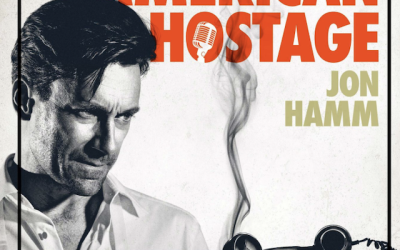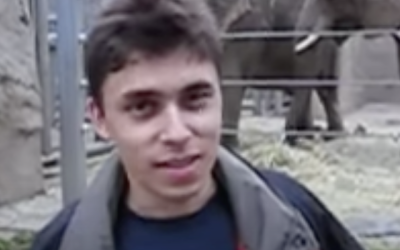Eline van der Velden has always been ahead of the curve. From performing arts school to a physics degree at Imperial, from Dutch TV to selling her own BBC Three show, she’s blended creativity and science in a way that now makes total sense. Because van der Velden’s company, Particle6, is at the forefront of one of the biggest shifts in TV production history: the rise of AI-powered content.
“This is the most exciting time in history to work in film and TV,” she tells me on the latest episode of TellyCast. “Soon, one person will be able to make a £50 million film in their bedroom. That’s never been possible before.”
If that sounds like hyperbole, it’s worth listening to what she’s already doing. Particle6, which she describes as “a tech company that makes content,” is slashing costs by 60% across production workflows using a mix of AI tools – Runway, Sora, 11Labs, DeepSeek, and ChatGPT to name just a few. But this isn’t about automation replacing humans. It’s about streamlining for creativity, she insists.
“AI doesn’t have the desire to tell stories. People do. That’s why the creative vision still matters,” she says. “What AI does is remove some of the barriers – budget, time, resources – and lets people create at a level they couldn’t before.”
The New Production Toolkit
Particle6 now uses AI at every stage – pre, post, and increasingly, production itself. The company is already delivering shortform AI-generated scripted content (a viral donut advert included), and working towards longer form, fully AI-enhanced half-hour shows. Their process is flexible and often reverse-engineered: “We storyboard, but we also adapt. AI throws up weird things. You have to be ready to go with it.”
They’re also building proprietary tools, including a format creator that cross-references against existing shows to avoid duplication and help generate fresh IP. It’s already being used with Hearst Networks. And their custom GPTs – trained on Particle6’s internal knowledge and workflows – are helping production teams develop, plan and deliver projects faster than ever before.
“Why wouldn’t you use a tool that gives you 10x output for 10% of the cost?” van der Velden asks. “Especially when budgets are shrinking and expectations keep rising.”
Rethinking Scripted… and the Studio Itself
While many in the industry are excited about AI’s role in pre-production or localisation, van der Velden is most fired up about its potential for scripted content. “Scripted is the biggest opportunity. You can now greenlight more shows, create more jobs, and open the door to new voices,” she says.
She’s already experimenting with fully AI-generated avatars, and sees a future where actors license digital twins to appear in multiple productions simultaneously – without stepping on set. “Theatre will thrive because people will still want the live experience. But AI gives actors a way to scale their work and earn more.”
This shift is forcing a rethink of the traditional production company structure too. Particle6 operates fully remote, with just one day a week in London. “We run like a tech start-up, not a legacy TV company,” van der Velden says. “That old model – dozens of staff, waiting for linear commissions – it’s not fit for purpose anymore. It’s like waiting for a bus that might not come.”
Advice to the AI-Curious
Van der Velden’s advice for traditional producers overwhelmed by the AI wave? Start small. “Organise your weekend using ChatGPT. Book a restaurant with DeepSeek. Just use it in your life first. Then apply it to work.”
Commissioners, she says, are already on board. “They know what AI can do. They’re coming to us and asking, ‘Can you do this show for this tariff?’ And we’re saying yes – because we can.” She believes the model still works – but only if you optimise for the realities of modern budgets and expectations.
And her golden rule? “If it’s scripted, the audience should never know AI was involved. That’s how it will be accepted. It has to feel human.”
A Creative Revolution, Not a Replacement
Despite the headlines, van der Velden isn’t worried about AI killing creativity. She sees it as the opposite. “We’re about to see a new generation of Disney, Universal and Warner-level companies born-led by creators who know how to harness these tools. I want to be one of them.”
There’s a clear vision for Particle6’s next 12 months: original AI-produced shorts, co-pros with forward-thinking indies, and delivering series directly for commissioners using hybrid AI workflows. And while distribution models are still evolving, she’s confident the streamers and broadcasters will keep their place – for now.
“I still watch BBC and Channel 4. Quality matters. But I want more – daily, not weekly. That’s where shortform scripted fits in.”
Final Word
AI isn’t the future of TV. It’s already here. And if van der Velden is right, the real winners won’t be those clinging to legacy workflows, but the open-minded creatives who learn to wield the new tools.
“We all have to adopt it,” she says. “Because this is survival of the most adaptable.”
Check out the full interview on the TellyCast YouTube channel.





